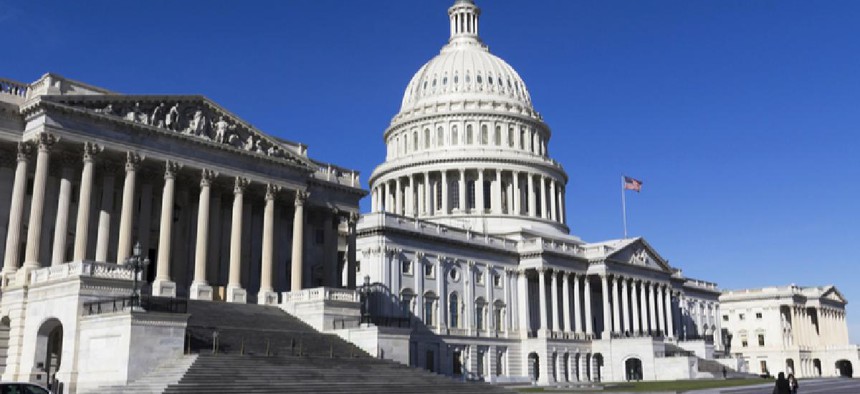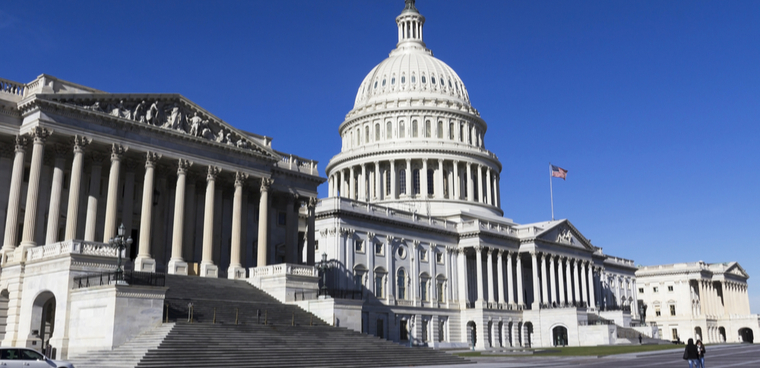House passes new stopgap funding bill to avert shutdown

House and Senate appropriators are hopeful they can work out their remaining differences on spending bills in the period after the Thanksgiving recess and before the new continuing resolution expires.

The House of Representatives passed a new stopgap funding bill to avert a government shutdown on Nov. 22 by a vote of 231-192. The new continuing resolution keeps the government funded through Dec. 20.
House and Senate appropriators are hopeful they can work out their remaining differences on spending bills in the period after the Thanksgiving recess and before the new continuing resolution expires.
At issue is the division of $1.37 trillion in discretionary spending across 12 appropriations bills. The House of Representatives has passed 10 of its 12 appropriations bills, but the Senate is still stuck at the committee level on multiple bills where agreement has not been reached on funding levels, known as 302(b) allocations.
Sen. Richard Shelby (R-Ala.), said last week that lawmakers are "very close" to agreement on allocations, despite sharp divisions between Republicans and Democrats over the administration's request for $8.6 billion in funding for a border wall and additional funds to pay back defense and military construction accounts for money advanced for wall construction under emergency powers.
In the House appropriations package there's no money for a border wall or to backfill previous wall spending. It's not yet clear how lawmakers intend to bridge the gap over wall funding to produce an appropriations bill that President Donald Trump, who ran for office on the promise of a border wall, will sign.
Trump said earlier this month that he wouldn't rule out a shutdown when the current continuing resolution funding the government expires. "It depends on what the negotiations are. I wouldn't commit to anything. It depends on what the negotiations are," Trump told reporters while exiting Marine One on the White House South Lawn on Nov. 3.
Trump is expected to sign the continuing resolution, according to remarks from a senior administration official.
Census and surveillance
The continuing resolution also extends certain expiring health care programs and includes a spending "anomaly" to allow the Census Bureau to expend funds at the tempo needed to prepare for the constitutionally mandated decennial population count in 2020.
The bill also extends expiring surveillance provisions in the Patriot Act through March 15, 2020. These include controversial authorities under Section 215 of the law that allow for roving wiretaps on individuals and the Call Detail Records program, which permits the National Security Agency to collect communications data on anyone who is two "hops" or degrees away in a communications chain from a surveillance target. While authorities say they have shuttered the CDR program, they also wish the authority for its existence to be enshrined in law.
Civil liberties groups and privacy hawks in Congress including Sen. Ron Wyden (D-Ore.) and Rep. Justin Amash (I-Mich.) have pushed for the expiration of these authorities, which apparently also include the collection of metadata on encrypted communications.
"Yesterday, Speaker [Nancy] Pelosi said the president has 'abused his power for his own personal, political benefit,'" Amash said on Twitter on Nov. 19 ahead of the vote on the stopgap funding measure. "Today, she wants to extend the president's power to do warrantless surveillance of Americans."



